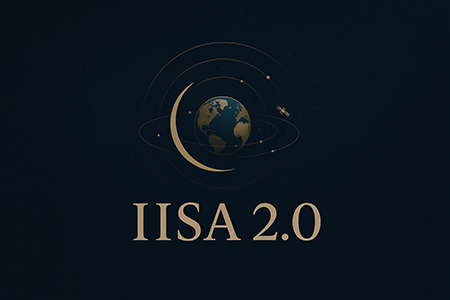Understanding the Strategic and Humanitarian Consequences of Defeating IS in Iraq
Editor: Peter Mitchell
Senior Advisor: Dr. Muhanad Seloom
Researchers: Erkan Gursel & Tim Hulse
A joint report by the Neo-Jihadism and Refugee/Border Policy Programmes at the Institute of Islamic Strategic Affairs
Executive Summary:
> Islamic State (IS) may lose Mosul but will remain as a potent Jihadist force in Mosul and Iraq. IS would eventually regroup in desert areas and will continue to receive manpower due the level of sectarianism. Our sources told us that many Sunnis in Mosul still prefer IS over Iraqi government and its Shi’a militias allies, which is seen as extension of Shia forces in Iraq. Former governor of Mosul Atheel al Nujafi told IISA ‘I don’t think losing cities will end IS’, ‘it is versatile, it will adapt’.
> The sectarian nature of Iraqi politics will continue. Shi’a militias have committed multiple atrocities in previous areas liberated by the Iraqi forces i.e. Ramadi, Tikrit, and Falluja. And although the Iraqi government and Kurdish regional government (KRG) state that Shi’a militias will not be involved, there is a strong evidence to the contrary. Involvement of Shi’a militias will create both political and humanitarian crisis deepen and will also fuel Sunni resentment and help in facilitating IS regrouping.
> Over a million civilians are expected to be directly impacted by the offensives. The UN and Iraqi government estimates that few hundred thousand will be displaced. Our sources indicated that people will likely to stay in Mosul, instead of flee to other areas (given previous case studies where Sunnis were badly treated or the facilities were next to nothing). Another expectation regarding the direction of civilian flight is toward KRG. However, we disagree with both expectations and analysis due to the following main reasons:
- The analysis carried out by the UN is not thorough and independent enough. The UN did not have access to many areas where the IDPs are expected to arrive. UN relied on secondary sources and resources i.e. other organisations, private security companies and Iraqi government.
- There’s no guarantee that Shi’a militias will not enter Mosul or will not participate. Our sources indicate otherwise. Mosul’s population is deeply worried about Shi’a militias. If and when they enter Mosul, it will trigger huge wave of refugees.
- Areas where IDPs are likely to head to are not prepared or already overstretched with the refugee population from previous battles. There is very little structure or preparation in place to receive large number such as 300,000 expected in Salahedin province.
> Iraqi government, global governance agencies and international organisations are not ready to deal with the refugee and IDP crisis emanating from the ‘mother of all battles’. The refugee and IDP crisis after Mosul will put Iraqi government into further difficulties on economic, political and governance levels. It will increase alienation, radicalisation and insurgency.
> In essence, there is no effective ‘Day after plan’ and as a consequence Iraq as a state and the region will not enjoy security in the aftermath of Mosul offensives. Instead further insecurity, chaos and violence should be expected.
Full report:
[Click on the image below to read or download full report in PDF]

